Fata’s youth steps up to fill power void
With representation from all agencies, Youth Jirga takes up key issues plaguing tribal areas
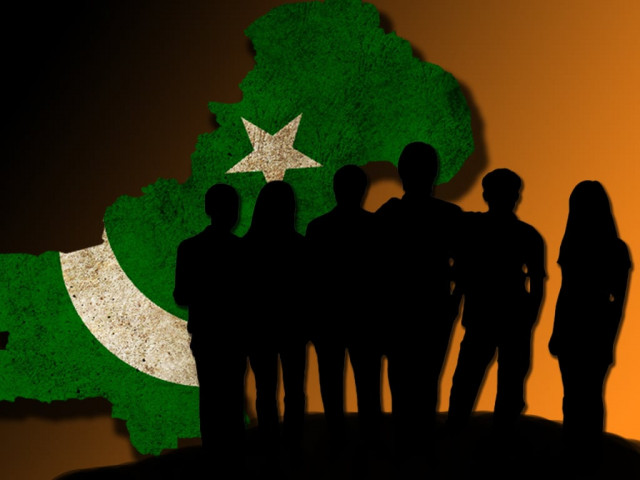
With representation from all agencies, Youth Jirga takes up key issues plaguing tribal areas. PHOTO: FILE
Years of militancy and war had destroyed the social structure in the tribal areas, leaving the traditional political power centres — the Maliks — on the verge of collapse. This left a power gap in the area.
Youth assembly holds first ever session in Mohmand
The census earlier this year found that around half of the population in the Federally Administered Tribal Areas (Fata) is made up of the youth. Unsurprising then that the youth have stepped in to fill that void.
With representatives from all seven agencies, the first ever ‘Fata Youth Jirga’ has shunned past tendencies of sectarian, ethnic, religious and political segregation, choosing instead to work on collective issues plaguing them.
They have been asking tough questions of Islamabad, including the merger of the tribal areas with the rest of the country and granting its share in the National Finance Commission (NFC) Award.
“The military leadership wanted the Fata merger to take place before the 2018 election, but the civilian government led by the Pakistan Muslim League-Nawaz (PML-N) has been reluctant and have been unwilling to let go of the three per cent under the NFC which was supposed to be used for the marginalised citizens of the country,” said Muhammad Arshid Afridi, president of the Fata Youth Jirga.
The jirga, formed in October, has knocked the doors of all stakeholders in the power corridors of the country.
Afridi, whose jirga has been leading a team of educated youth from Fata to smooth out the hurdles in the merger plan, said that they had held a protest calling for merging the tribal areas with the rest of the country in the federal capital in October.
The protest, he said, became a platform to unite the youth from the tribal areas on three key points: Fata’s portion in the NFC, the extension of Peshawar High Court and the Supreme Court of Pakistan’s jurisdiction to Fata and representation of people from Fata in the provincial assembly before the 2018 elections.
“We have formed an executive committee which comprises educated youth from Fata who have held meetings with the civil and military leadership of the country except for the Jamiat Ulema Islam-Fazl (JUI-F) leadership and the party led by Mahmood Khan Achakzai,” Afridi said.
Nizamuddin Salarzai, a member of the jirga’s executive committee, said that the JUI-F and Pashtunkhwa Mili Awami Party (PkMAP) were vocal in opposing Fata’s merger at the behest of PML-N. “The federal government is reluctant to even give us our portion of the NFC,” Salarzai said.
For others, the jirga is trying to offer a stage for all members of the tribal areas to have a voice.
The Fata Youth Jirga has provided a stage to all the educated youth of Fata. We even have female members in the executive body and are striving to accommodate voices from all genders in the tribal areas,” said Shaukat Aziz, a leader of the jirga who hails from the Kurram Agency.
Youth policy for FATA in the pipeline
“Majority of Fata parliamentarians are also reluctant to implement the merger process since certain families of Fata do not want a new leadership to come forward [displacing them] and want the status quo to prevail, and they will oppose [the merger] until 2018 election,” Aziz said.
The three leaders of the jirga are of the views that in the coming years, their platform would be the only platform to offer united leadership to the residents seven agencies and to groom, educate and polish them to resolve matters in a democratic way.
Published in The Express Tribune, December 4th, 2017.

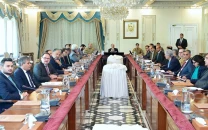
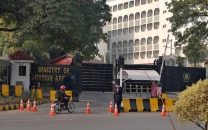
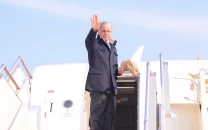

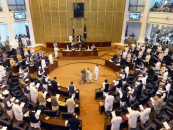






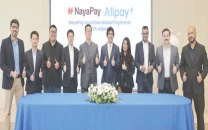






COMMENTS
Comments are moderated and generally will be posted if they are on-topic and not abusive.
For more information, please see our Comments FAQ